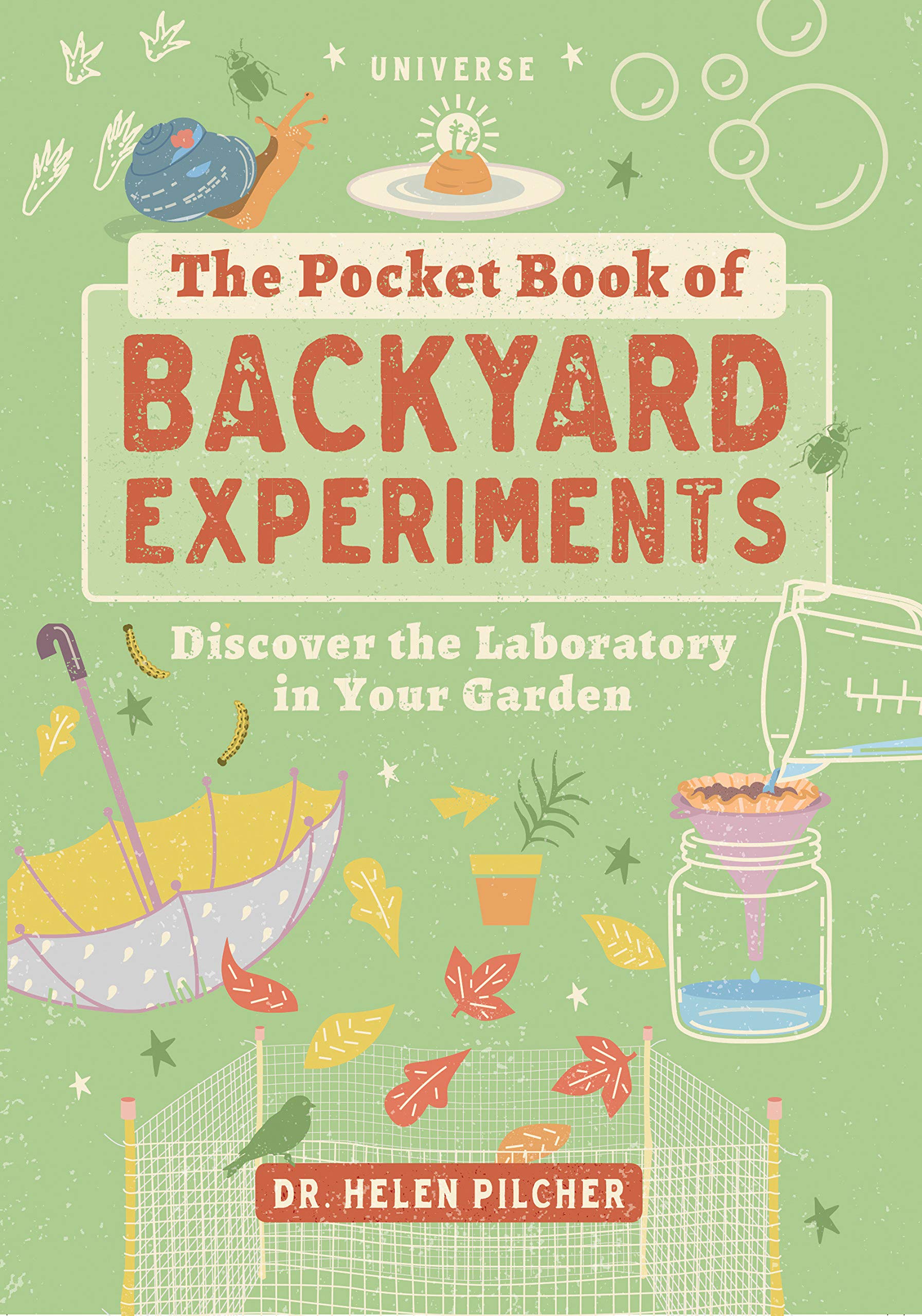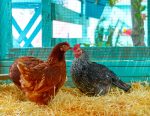 Today I wanted to highlight an amazing new book for kids that centers around fun in the garden. It is perfect in light of current events and how much time we are spending at home right now (sheltering in place due to Covid-19) but it is also timeless. It gives kids some great ideas for getting outside, in the garden, to unleash their inner researcher and scientist.
Today I wanted to highlight an amazing new book for kids that centers around fun in the garden. It is perfect in light of current events and how much time we are spending at home right now (sheltering in place due to Covid-19) but it is also timeless. It gives kids some great ideas for getting outside, in the garden, to unleash their inner researcher and scientist.
The Pocket Book of Backyard Experiments: Discover the Laboratory in Your Garden
If you homeschool all the time or even just right now due to circumstances, it is filled with great activities to keep kids entertained and it educates with more than 80 experiments that entertaining and enlightening. It teaches basic botany, soil science, biology, and chemistry in fun ways.
Check out some of these awesome ideas from the book…
- Make graffiti with moss
- Create soap from a chestnut
- Turn a potato into a battery
- Dye things using avocado
- Make a bath bomb
It’s all about the hidden science we have in our homes and yards and having fun with it. If you are looking for ways to educate and entertain then this is for you. Also if you just want a way to get the kids, and also yourself, off the couch, away from the screen and doing something together then this is for you too.
The book is divided into four sections, each focusing on one area: biology, soil science, botany, and “kitchen sink” chemistry. Each experiment is straightforward and easy, involving no more than common household items. Learn how to germinate seeds with little more than envelopes and used egg cartons or amaze friends with the art of optical illusion. While learning how to create a homemade ant farm or making a pressed herbarium specimen, kids get grounded in the basic principles of science.
The experiments have been designed as participatory learning activities that bring kids and family members together with the aim of developing young people’s learning skills, interest in science, and the world around them.
The author, Dr. Helen Pilcher has a PhD in cell biology from the London Institute of Psychiatry and has written for Nature, the Guardian, BBC Focus, and New Scientist.
Enjoy!




